Double Ditch Indian Village
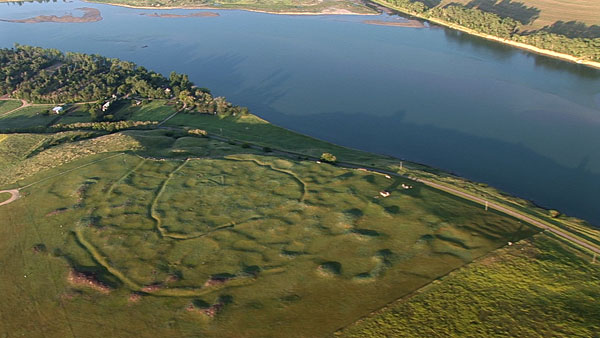

Double Ditch Indian Village is an archaeological site located seven and one-half miles north of Bismarck, ND. For nearly 300 years (from approximately AD 1490 – 1785), this site was the location of a large earthlodge village inhabited by the Mandan Indians. According to Mandan oral history, Double Ditch was one of seven to nine villages simultaneously occupied near the mouth of the Heart River. The Mandan population in this area probably totaled 10,000 or more during this time. The earthlodge villages were centers of trade between the Mandans, their nomadic neighbors, and later, Euroamerican traders. A massive smallpox epidemic swept the interior of North America about 1781-1782. This catastrophe was apparently responsible for the abandonment of Double Ditch and all the other Mandan villages near the Heart River. The Mandans had moved to new villages farther upriver. People of Mandan Indian ancestry live today throughout much of the Northern Great Plains. As one of the Three Affiliated Tribes, the Mandan tribal headquarters are at Fort Berthold Reservation, North Dakota.
The Mandans built dome-shaped houses of logs and earth, known as earth-lodges. All that remains of the earthlodges on the surface are circular depressions. The men usually decided how large an earthlodge would be, and the women did most of the building. To build an earthlodge, a wooden framework was erected, then covered with layers of willow branches, grass, and finally, earth. It took about 150 trees to build one earthlodge. Earthlodges typically were 35 to 45 feet in diameter, although they varied from 20 to 65 feet, and housed a family of eight to twenty people.
The Mandans are one of the best-known agricultural tribes of the Missouri Valley region. The Missouri River valley provided water, food, and shelter for the Mandans. Abundant timber and game could be found in the wooded bottomlands, and bison flourished on the surrounding prairie grasslands. The terrace-edge settings of the villages offered access to garden land and abundant timber as well as extensive views up and down the valley. The Mandans developed a rich and elaborate culture based on farming and bison hunting. Farming produced a large surplus of food that could be stored for use during leaner times and traded to nomadic, non-farming groups. Principal crops include corn, beans, and squash. Sunflowers and tobacco also were grown.
In the archaeological record the dominant role of bison, hunted for their hides and meat, is evident. Other animals also were hunted and trapped, including pronghorns, deer, wolves, rabbits, beavers, muskrats, porcupines, foxes, mink, badgers, and bobcats. A diverse variety of birds (waterfowl, hawks and eagles, grouse, cranes, owls, woodpeckers, crows, ravens, and small songbirds) and fishes (sturgeon, gar, mooneye, pike, sucker, catfish, and cod) are represented in the archaeological record. These animals all contributed to the subsistence of the villagers. Each supplied an important source of bone for tools and ornaments, as well as being tapped for their hides, furs, and plumage.
Fortification systems consisted of a deep moat and a wall of wooden posts that formed a palisade. Natural features, such as steep terrain and riverbanks, also were used for added protection. Fortification systems attest to the fierce warfare between villagers and surrounding nomadic tribes that is reported in early historic records.
The raised areas around the village are midden mounds or earthen mounds ranging from one to ten feet high. There are more than 30 mounds surrounding the village. The oldest mounds, dating to AD 1550-1650, occur directly atop Ditches 3 and 4. Excavations showed some mounds to be accumulations of household refuse – animal bones, broken pottery, and ash from hearths – carried and dumped in huge heaps. Other mounds were composed partially or entirely of fill excavated from elsewhere in the village, clearly indicating that those mounds were intentionally constructed. During one phase of occupation, the village defense involved a combination of Ditch 2, which lacked bastions, and several large mounds placed as strong points just inside the ditch.
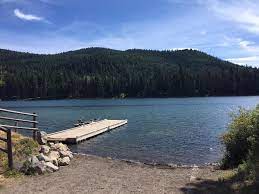
3244 Harmon Lk Rd, Mandan, ND 58554, USA
Distance: 3.44 mi (straight line)

North Dakota State Railroad Museum, 37th Street Northwest, Mandan, ND, USA
Distance: 5.47 mi (straight line)
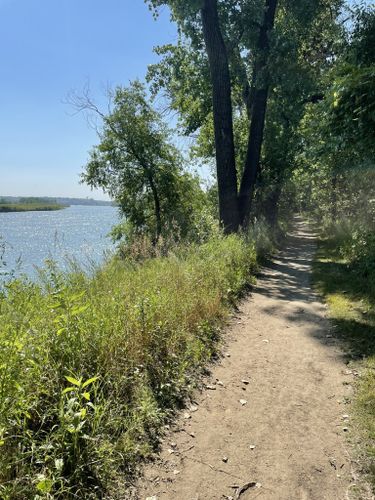
Missouri River Natural Area and Trailhead, River Drive Northeast, Mandan, ND, USA
Distance: 6.95 mi (straight line)

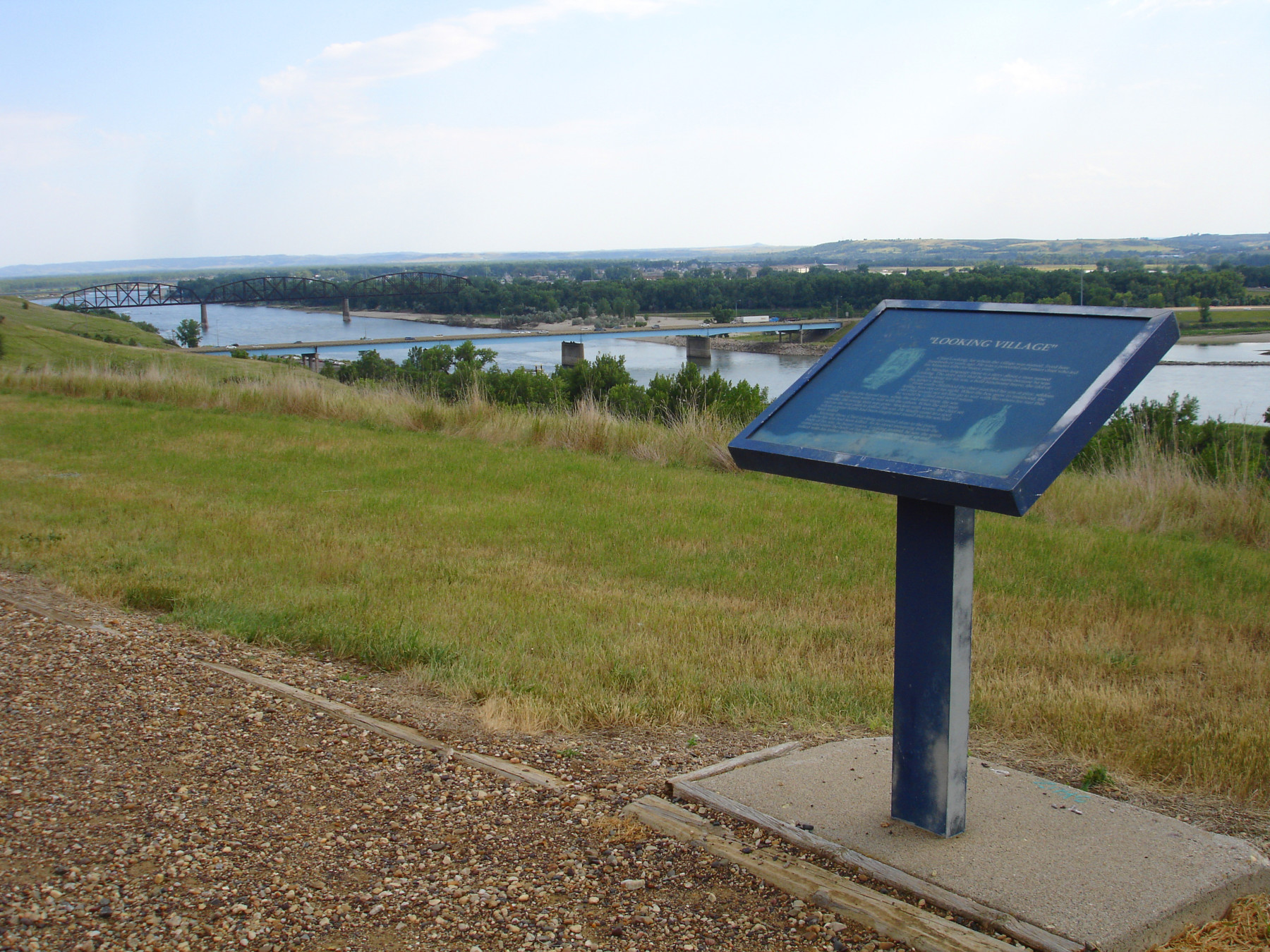
2023 Burnt Boat Rd, Bismarck, ND 58503, USA
Distance: 7.82 mi (straight line)
General History Tribal Experiences Viewpoints Outdoor Experiences Walks and Hikes

1700 River Rd, Bismarck, ND 58503, USA
Distance: 8.22 mi (straight line)
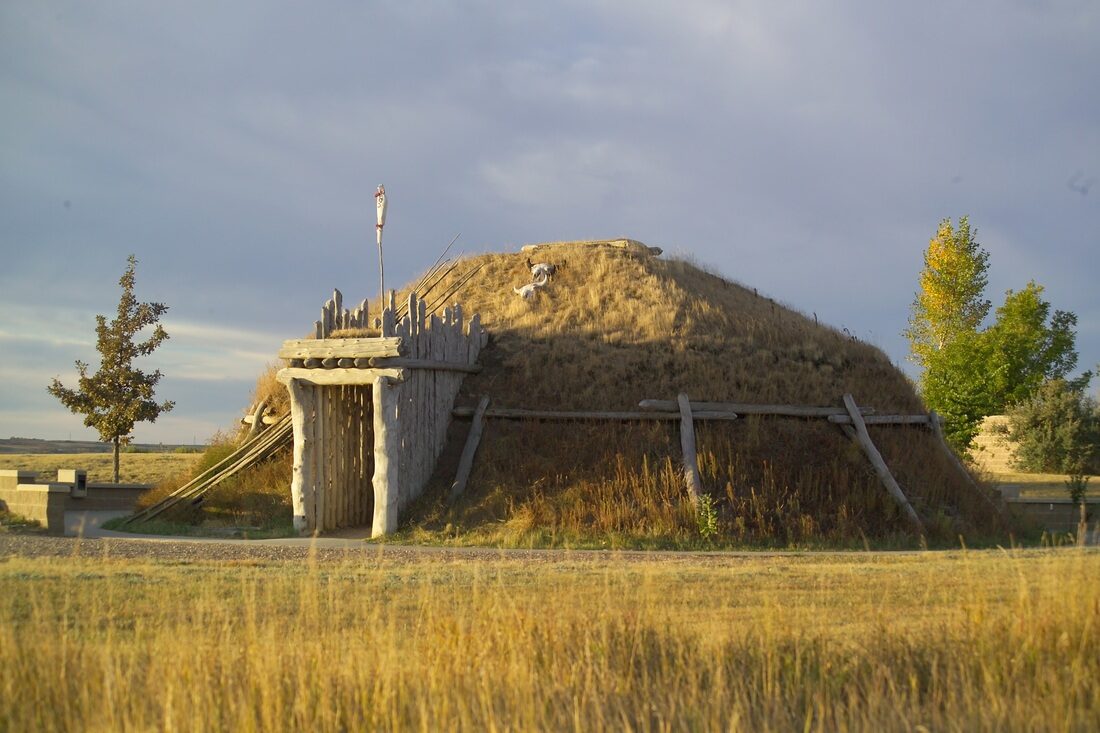
1700 River Road, Bismarck, ND, USA
Distance: 8.22 mi (straight line)
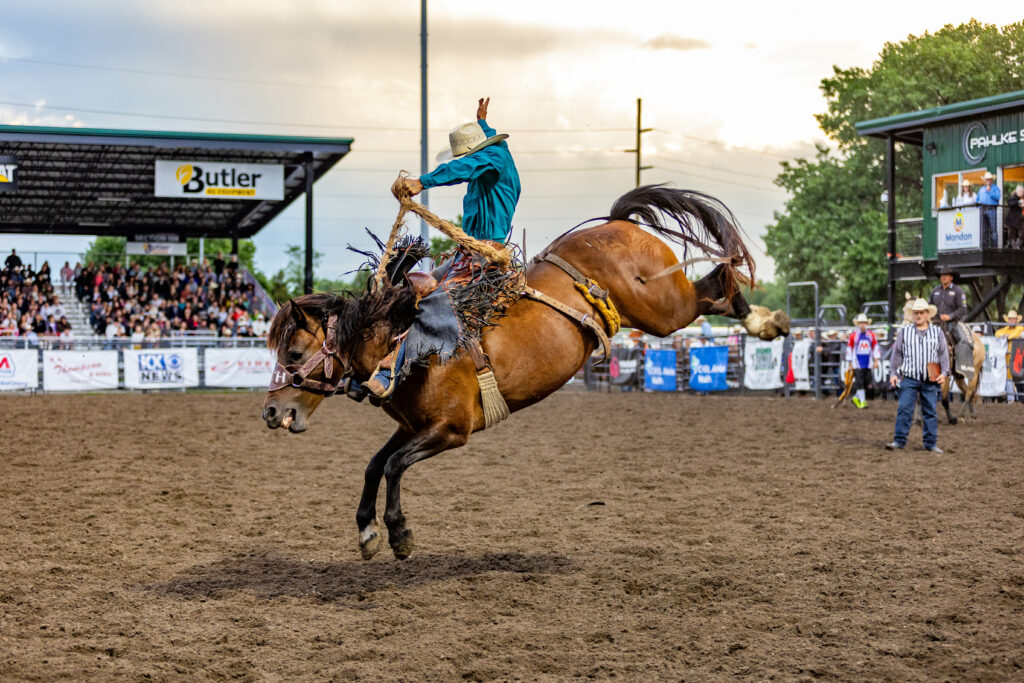
2500 Longspur Trail, Mandan, ND 58554, USA
Distance: 8.28 mi (straight line)
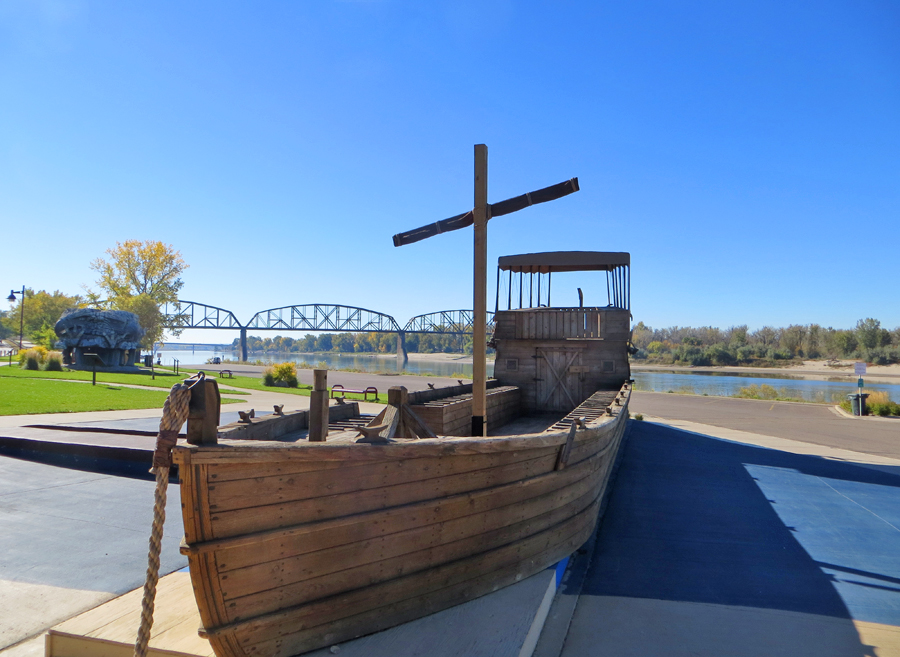
Keelboat Park, 1605 River Rd, Bismarck, ND 58503, USA
Distance: 8.33 mi (straight line)

Lewis and Clark Riverboat, River Road, Bismarck, ND, USA
Distance: 8.33 mi (straight line)

1600 Canary Ave, Bismarck, ND 58501, USA
Distance: 8.39 mi (straight line)

1247 W Divide Ave, Bismarck, ND 58501, USA
Distance: 8.42 mi (straight line)

Midway Lanes Club & Trophy, Memorial Highway, Mandan, ND, USA
Distance: 8.43 mi (straight line)

3130 N 14th St, Bismarck, ND 58503, USA
Distance: 8.71 mi (straight line)

Frybread Mama's, Gateway Mall, State Street, Bismarck, ND, USA
Distance: 8.78 mi (straight line)

444 River Rd, Bismarck, ND 58504, USA
Distance: 8.98 mi (straight line)

1200 N Washington St, Bismarck, ND 58501, USA
Distance: 9.14 mi (straight line)

1802 N 12th St, Bismarck, ND 58501, USA
Distance: 9.49 mi (straight line)
Our bi-weekly newsletter provides news, history, and information for those interested in traveling along along the Lewis & Clark Trail.